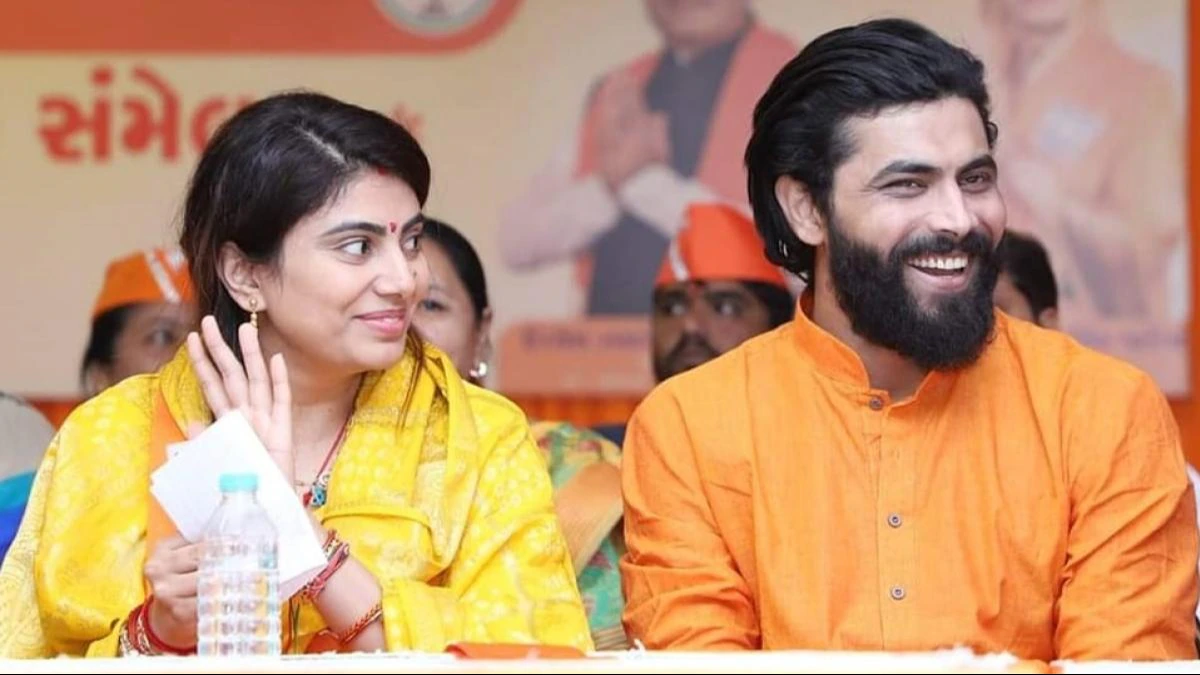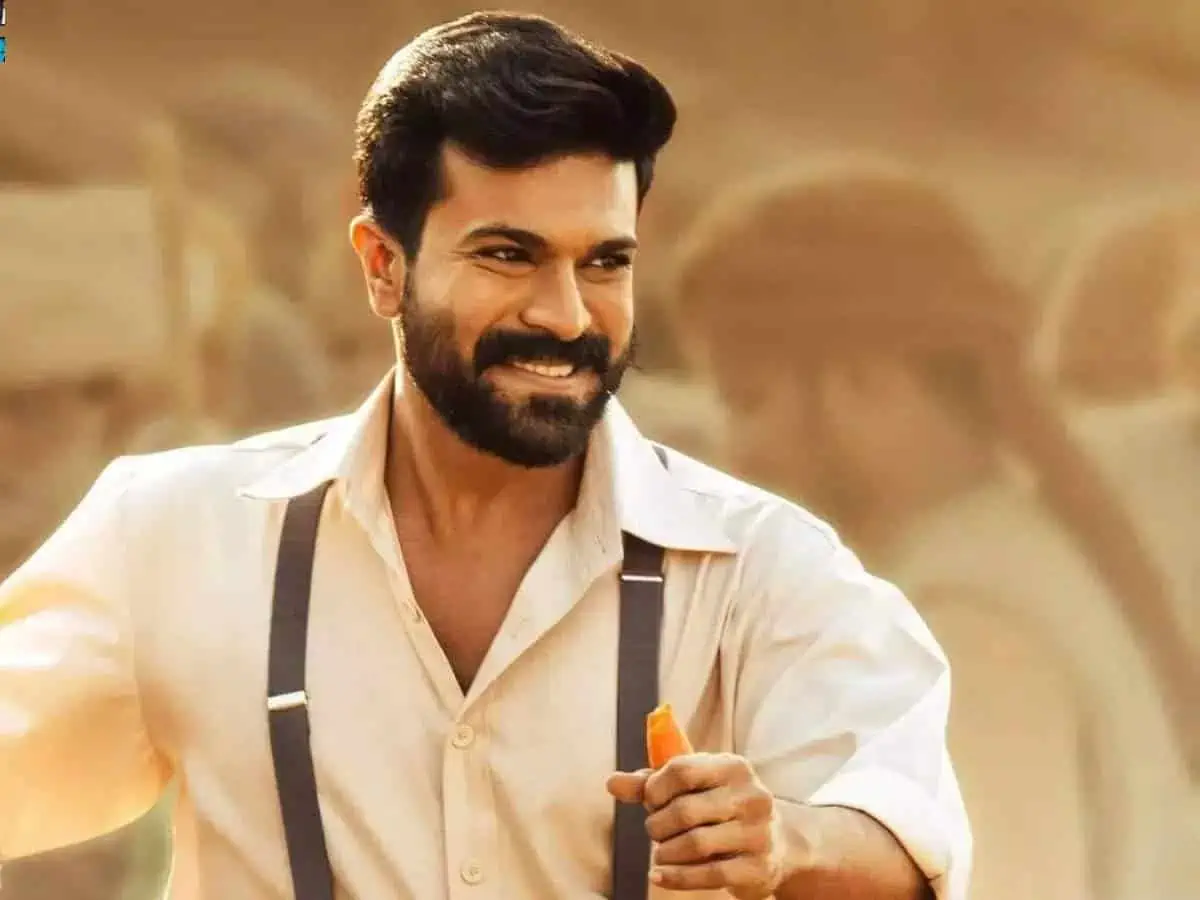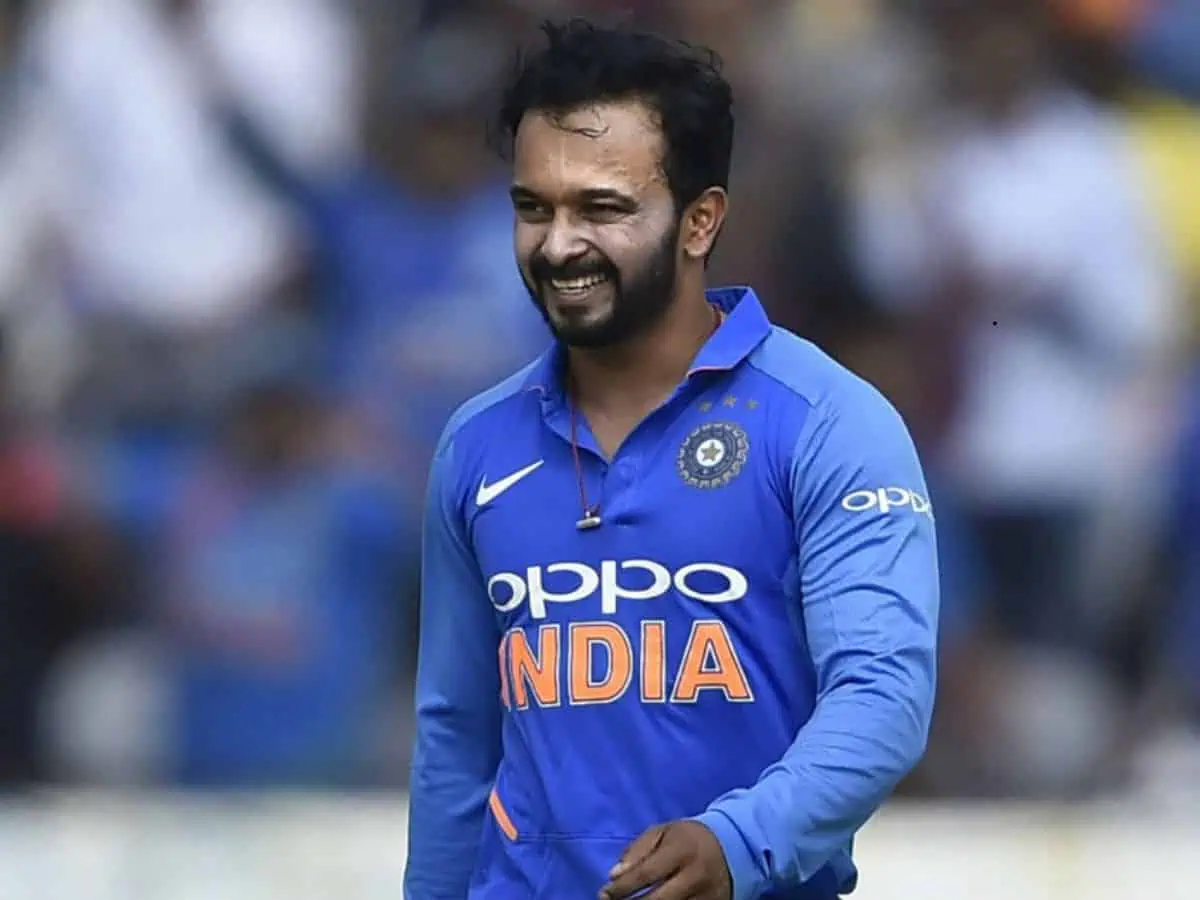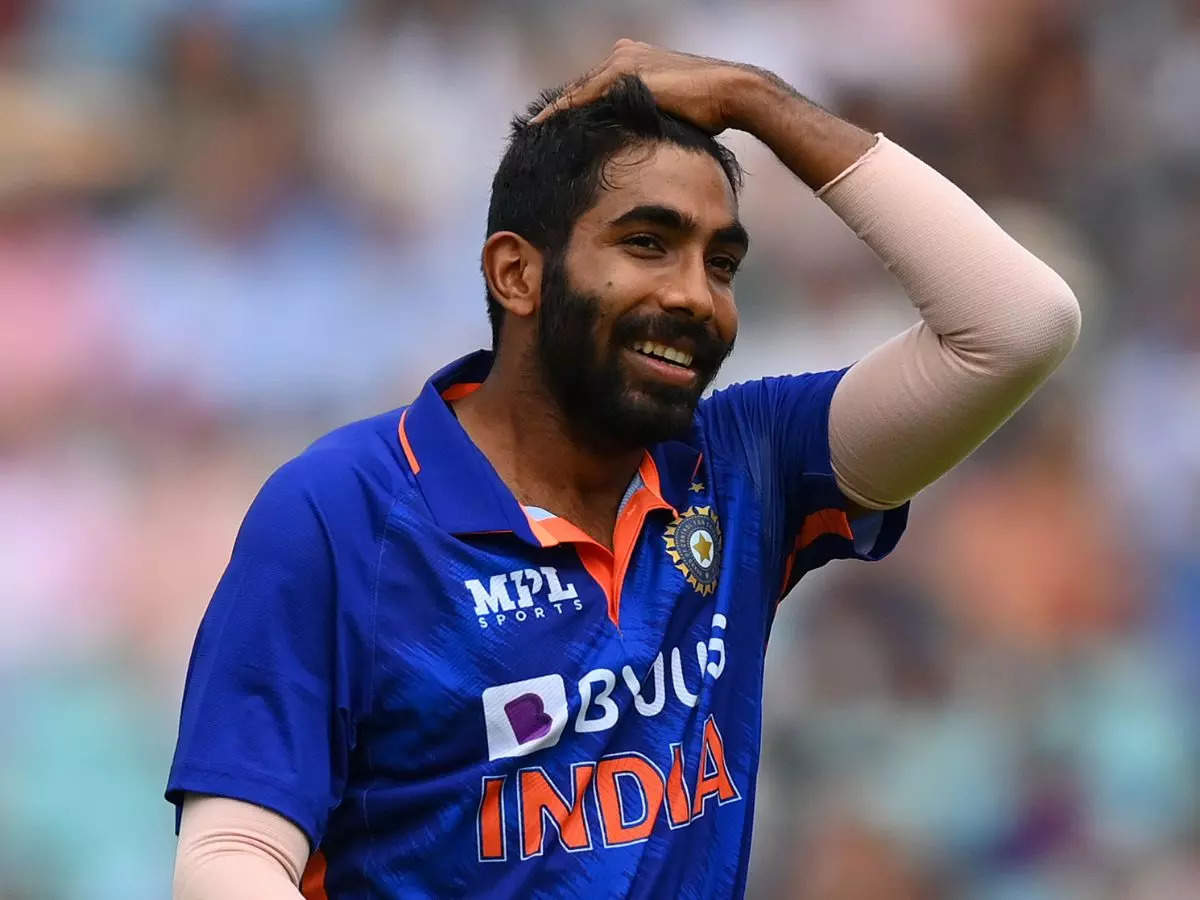Introduction
Rahat Fateh Ali Khan, Born on December 9, 1974, is a well-known singer from Pakistan who is renowned for his skill with Qawwali, a type of Sufi devotional music. He is regarded as one of the most well-liked and well-paid singers in Pakistan. Rahat Fateh Ali Khan is the son of Farrukh Fateh Ali Khan, the grandson of Qawwali artist Fateh Ali Khan, and the nephew of Nusrat Fateh Ali Khan. He is excellent in ghazals and other light music genres in addition to Qawwali. He is also well-known for his playback vocals in Pakistani and Hindi motion pictures.
Early life
From a young age, Rahat Fateh Ali Khan had a deep love for music. He was up in a family of classical singers and Qawwals in Faisalabad, Punjab, Pakistan. He began singing at the age of three alongside his father Farrukh Fateh Ali Khan and uncle Nusrat Fateh Ali Khan, coming from a musical family. At seven years old, Rahat started taking formal lessons from his uncle in Qawwali singing.
Career
At the age of nine, Rahat Fateh Ali Khan made his stage debut on the anniversary of his grandfather’s passing. He toured the UK in 1985 with Nusrat Fateh Ali Khan’s qawwali group after turning fifteen. In addition to his qawwali contributions, he began performing solo at other events. His Bollywood playback career started with the Paap song “Mann Ki Lagan” (2003). In April 2012, Rahat thrilled over 20,000 fans with sold-out performances in Manchester Arena and Wembley Arena, setting records. His song “Zaroori Tha” from Back 2 Love (2014) was later viewed over a billion times on YouTube, making it the first music video from the subcontinent that wasn’t in a movie. Rahat is still on the road a lot, sometimes with Leo Twins of Nescafé Basement.
Soundtracks and collaboration
Rahat Fateh Ali Khan has made soundtrack contributions to a number of well-known movies. He worked on the 1995 movie Dead Man Walking alongside Pearl Jam’s Eddie Vedder. He collaborated with James Horner on the soundtrack for The Four Feathers in 2002. Rahat also made a guest appearance on The Derek Trucks Band’s Joyful Noise CD in 2002, and in 2006, his voice may be heard on Mel Gibson’s Apocalypto soundtrack. He also performed “Teri Ore” for the 2008 movie Singh Is Kinng with Shreya Ghoshal.
Television
In addition to serving as a judge on Sonu Nigam’s “Chhote Ustaad,” he also served as a judge on NDTV Imagine’s 2008 debut of the singing reality series “Junoon.”
Nobel Peace Prize Concert
In addition to singing Nusrat Fateh Ali Khan’s famous qawwalis “Tumhe Dillagi” and “Mast Qalandar,” Rahat became the first Pakistani performer at a Nobel Prize concert in 2014. He also performed “Aao Parhao.”
Musical shows
Rahat has been in several Coke Studio Pakistan seasons. He made his television debut with Ali Azmat in “Garaj Baras” in season 1, and he then worked with Abida Parveen on “Chhaap Tilak Sab Chheeni” in season 7. His duet with Momina Mustehsan on “Afreen Afreen” from season 9 became the first Pakistani song to reach 300 million views on YouTube. He also gave a moving homage to Amjad Sabri by performing “Aaj Rang Hai” together. In later seasons, Rahat made appearances in “Sayonee” (season 10) with Ali Noor and “Dil Tarpe” (Coke Studio 2020) with Zara Madani.
Controversy
In 2018, when Nusrat Fateh Ali Khan’s daughter attempted to take musicians who were playing her father’s songs to court, Rahat declared he was Nusrat’s adopted successor and didn’t need permission to sing his songs. Rahat was called by India‘s Enforcement Directorate in January 2019 after they accused him of money smuggling. In January 2024, a video that appeared to show Rahat striking a student over a disputed “holy” water bottle went viral.






